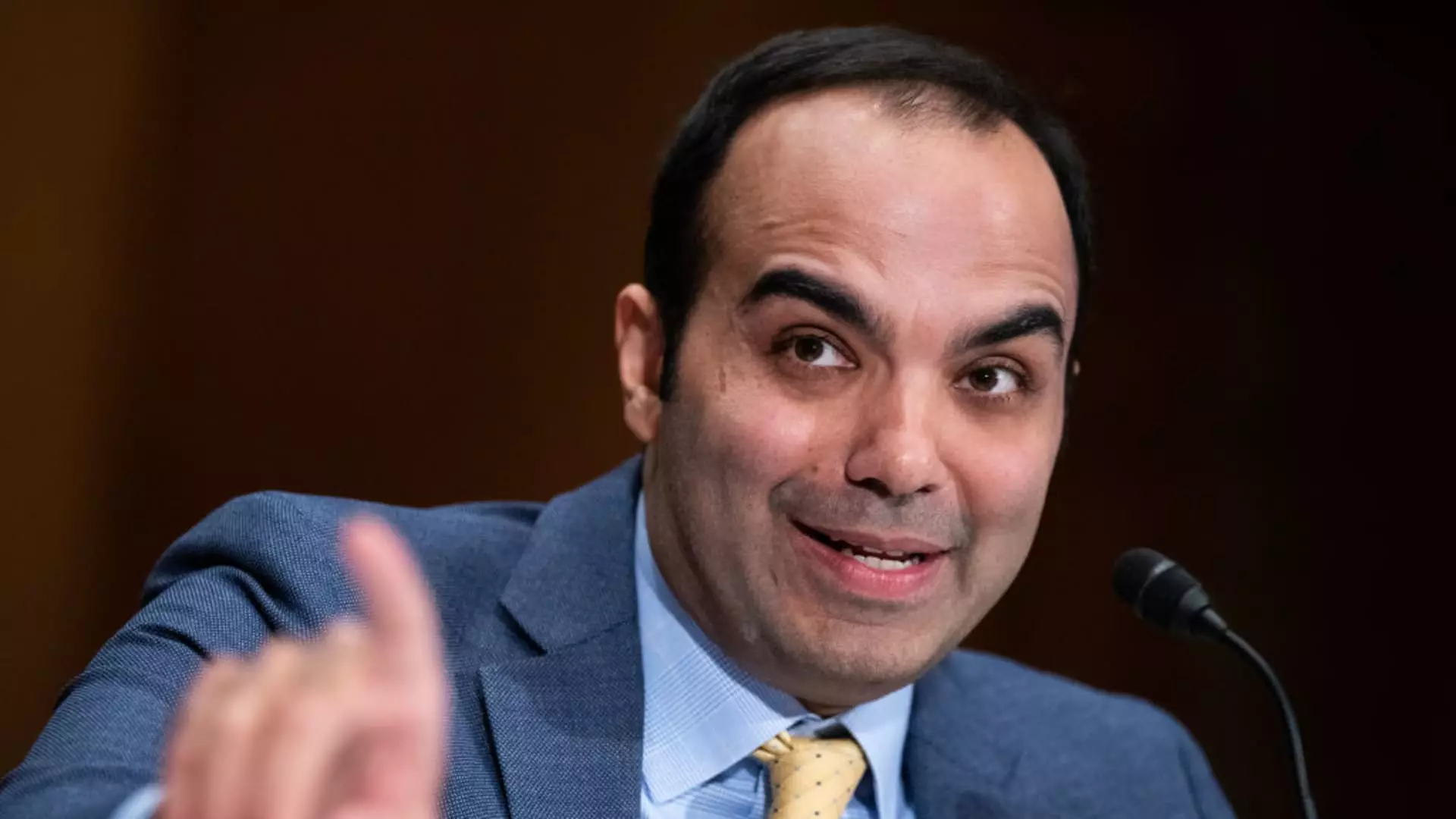In recent years, nonbank financial services have surged in popularity, fundamentally reshaping consumer behavior and financial transactions. This evolution is largely attributed to advancements in technology and the exponential growth of smartphone usage. Nonbank entities, particularly fintech companies and tech giants, have introduced innovative payment solutions, which have made financial services more accessible to broader segments of the population. This has led to a dramatic shift in how consumers manage their finances, with many relying on mobile payment apps as de facto bank accounts.
In this context, the Consumer Financial Protection Bureau (CFPB) has decided to impose stricter regulations on certain high-volume nonbank firms. By focusing on entities that handle over 50 million transactions annually, the CFPB aims to ensure that these companies adhere to the same standards that traditional banks and credit unions follow. The significance of this move cannot be understated, as it represents a conscious effort to regulate rapidly evolving financial markets and protect consumers amid the shift towards digital wallets and payment platforms.
The finalized rule announced by the CFPB marks a significant turning point for the digital financial landscape. With this new regulation, companies like Apple, Google, Amazon, PayPal, Block, Venmo, and Zelle will now be subject to proactive examinations aimed at enforcing compliance with existing financial laws. This expanded oversight entails the ability to examine records, interview employees, and review operational practices more rigorously than before.
Rohit Chopra, the director of the CFPB, articulated a pressing need for regulatory alignment with the contemporary financial ecosystem. According to Chopra, “Digital payments have gone from novelty to necessity and our oversight must reflect this reality.” This sentiment encapsulates the necessity for increased scrutiny to safeguard consumer privacy, prevent fraud, and enhance overall accountability in digital financial transactions.
Additionally, the CFPB’s new rule responds to earlier criticisms regarding the lack of oversight for tech firms that have largely partnered with traditional banks to circumvent regulatory scrutiny. As digital payment applications increasingly function as primary financial tools—especially for low- and middle-income users—the need for transparent and robust regulatory frameworks has become even more critical.
The Implications for Consumers and Businesses
The implications of this ruling extend beyond the firms directly affected; they resonate throughout the entire financial ecosystem. Consumers can expect enhanced protections as a result of increased transparency and accountability from these nonbank entities. The rule signifies a commitment to securing consumer rights in a rapidly changing financial environment. With an increasing number of consumers utilizing payment apps for everyday transactions, the need to ensure these platforms remain safe and secure has never been more pressing.
From a business perspective, the regulation may represent both challenges and opportunities. Companies now face the necessity of compliance with stringent regulatory requirements, which may demand reallocating resources towards legal and operational adjustments. However, for compliant firms, this newfound legitimacy could bolster consumer trust and market confidence, potentially leading to increased user adoption and activity on their platforms.
While the CFPB rule is a step in the right direction towards greater oversight, its future viability under changing political landscapes remains uncertain. The effects of this ruling may be influenced by potential shifts in leadership, particularly if the administration changes policies concerning financial regulations. Stakeholders within the financial sector must remain vigilant, as shifts in governance can dramatically alter the regulatory landscape.
Moreover, there are broader questions regarding how these regulations will mesh with the ever-evolving technology and financial services industry. As technology advances at a rapid pace, regulatory bodies must remain agile and responsive to the changing dynamics while ensuring consumers’ need for protection and oversight is prioritized.
The CFPB’s new regulations on nonbank financial services mark a significant evolution in regulatory practices in the United States. By holding high-volume payment platforms to similar standards as traditional banks, the CFPB is taking commendable steps to ensure consumer protection is maintained amid a digital financial revolution. As these regulations take effect, the real challenge will be to navigate potential transformations in both the policy landscape and the rapidly changing world of fintech innovations.

